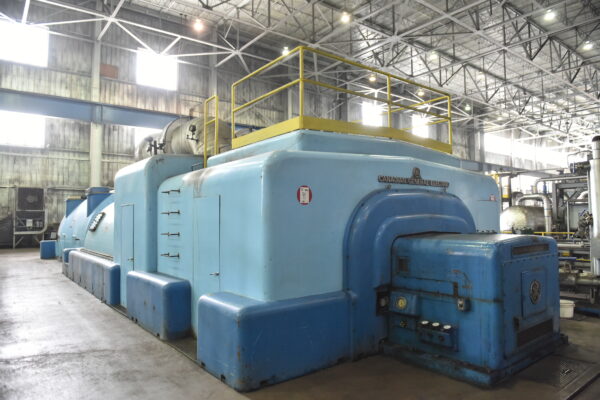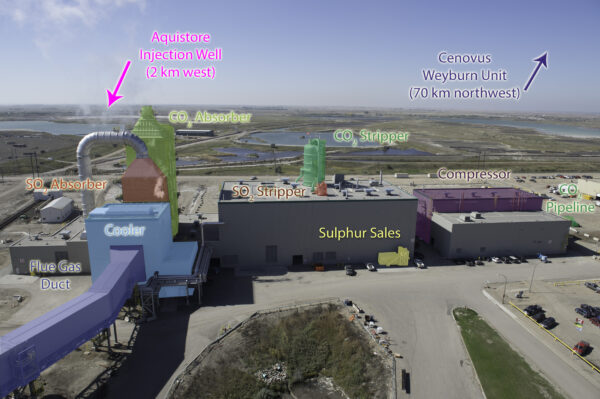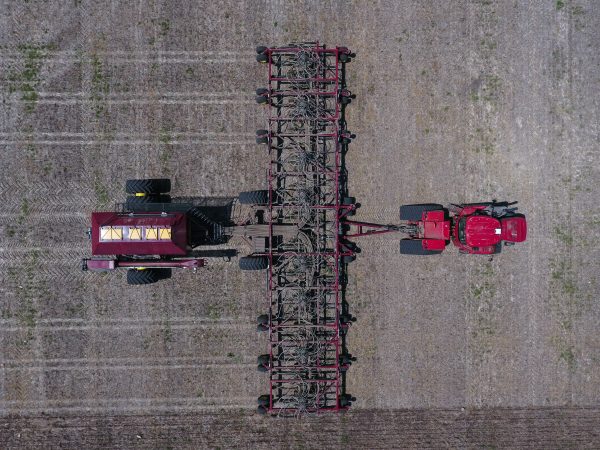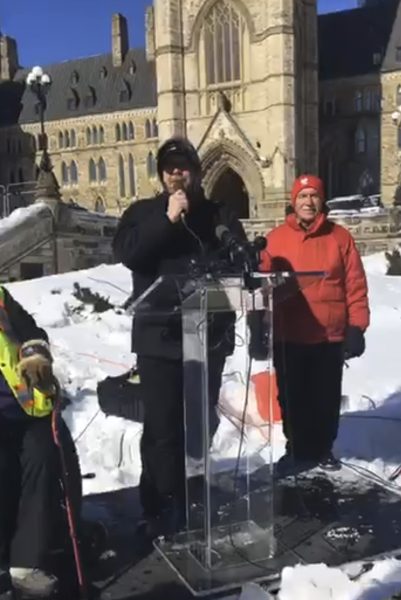
This past week the Saskatchewan government spent a lot of time on power generation and this “Net Zero by 2035” idea the federal government is trying to force upon the provinces.
This is the “energy transition” decision making in real time, folks. The impacts are enormous for this province, which is why I’ve been hammering these stories so hard.
The week summed up with Premier Scott Moe coming to Estevan to explain to local officials what the provincial government’s plans are for power production. For generations, Estevan has been home of the highest concentration of power generation in this province. However, the addition of multiple gas plants and wind facilities has largely diluted the percentage of power from Estevan. But as the province is clearly indicating a move towards nuclear, Moe all but said that Estevan will be home to some of the first small modular reactors. Pay attention to how he corrects himself from saying “nuclear” to “small modular reactors.” In this video, Moe addresses many of the concerns I’ve been raising over the last 17 months. As for adoption of nuclear – if future Saskatchewan governments follow Moe’s lead, this won’t be a small thing. Twenty years from now, as all our coal is retired and as older natural gas plants also reach retirement age, it looks like Saskatchewan will be moving to a largely nuclear grid for baseload power. And when Moe says baseload, he repeatedly refers to 80 per cent of the grid. That’s a lot more than four reactors down the road. That’s a sea change.
There’s also response from Estevan Mayor Roy Ludwig on what this all means.










